The Computer Science Department at SUIS Pudong considers STEAM activities to be a vital component of the continuing education of students. STEAM is an acronym for Science, Technology, Engineering, the Arts, and Mathematics. It is an approach to education that empowers students to be curious learners who seek creative solutions to real-world problems. This helps them develop the soft and hard skills necessary to succeed at university, in their careers, and wherever else life may lead them.
In the STEAM CCA club, under the supervision of Computer Science teacher Mr. John Erwin, students are learning how to accurately read technical diagrams and follow written instructions, carefully handle electronic components, and properly use specialised tools such as soldering irons, angle-nosed cutters, multimeters, and other assembly aides. Students also must learn the art of fault-finding and repair when their projects do not work as expected.
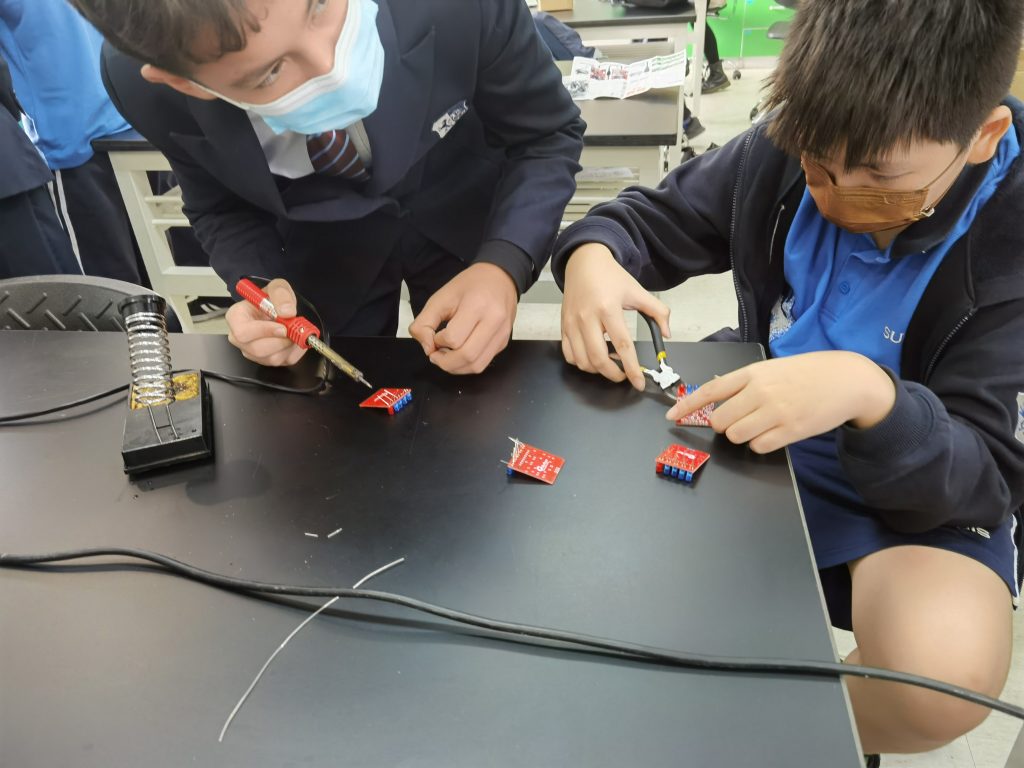
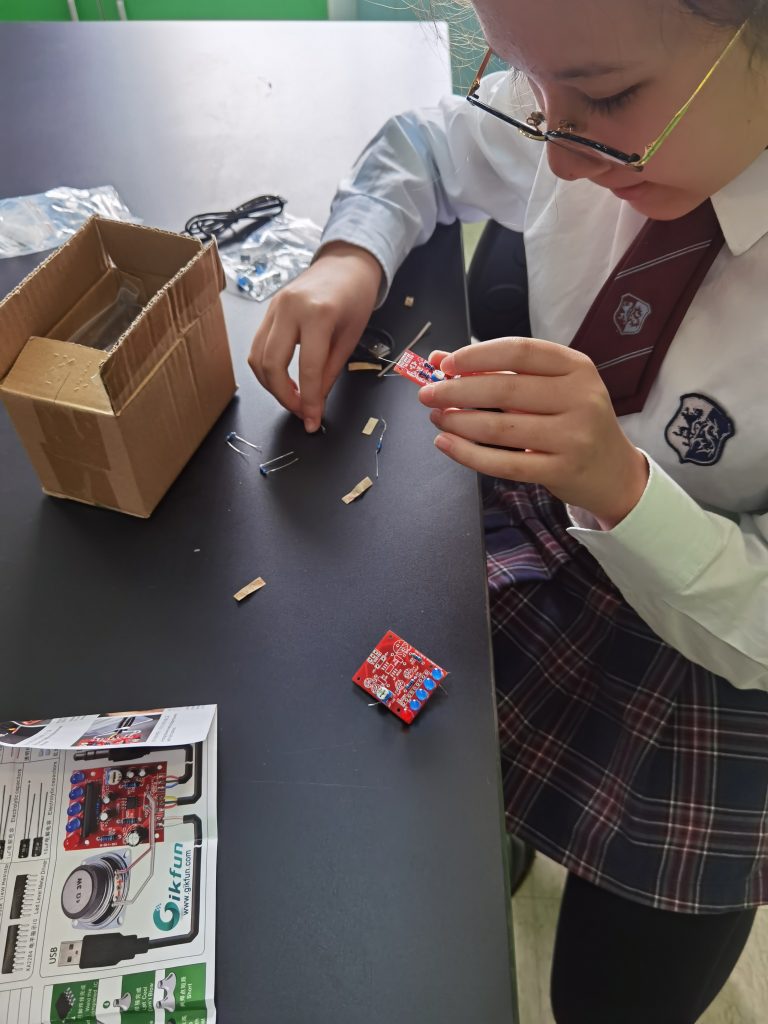
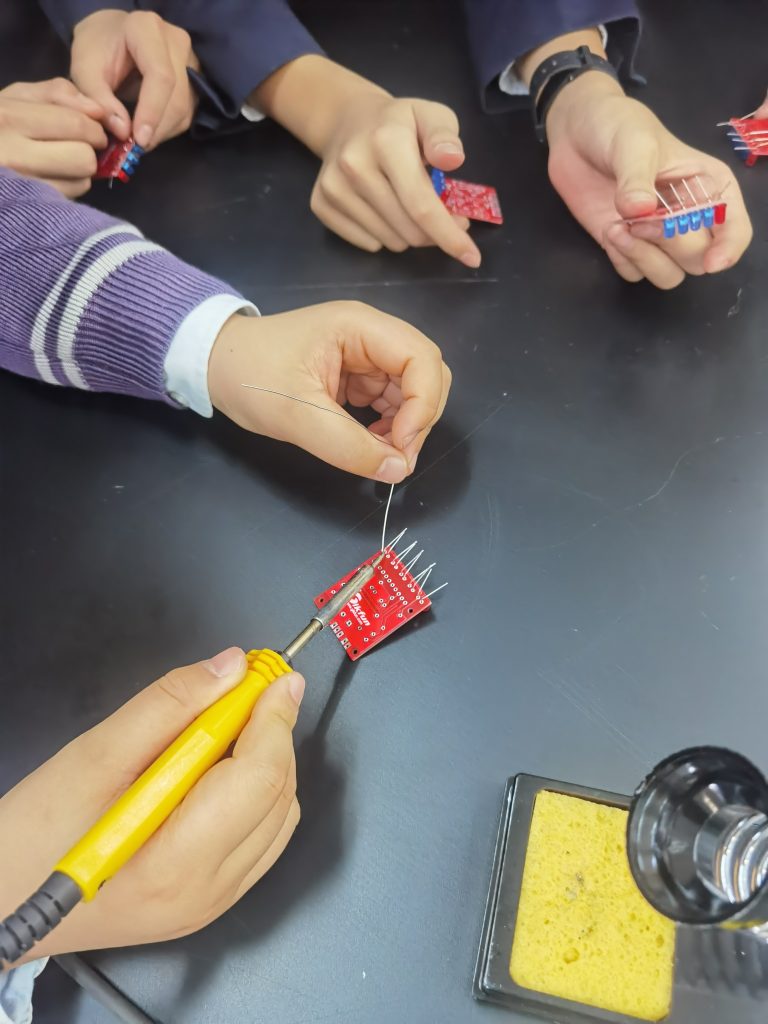
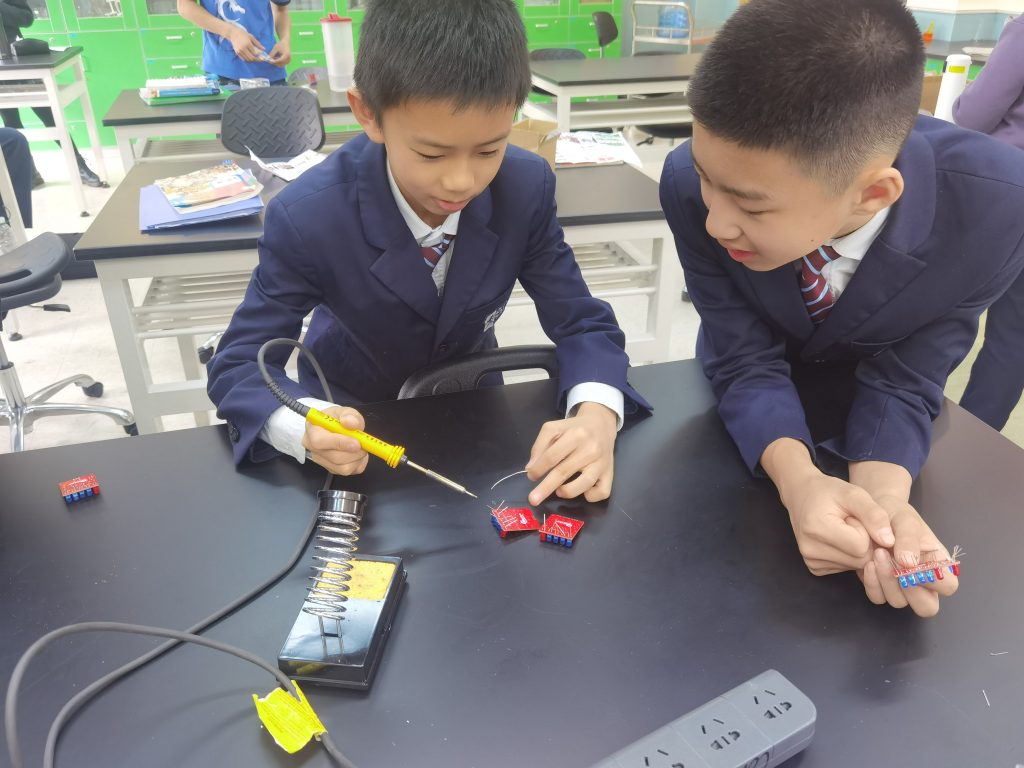
The first project that students worked on this semester was constructing a small music player. The speaker was created from a cup that was made to vibrate by an electromagnet, which varied its magnetic field in response to changes in the current running through it as controlled by a musical chip.

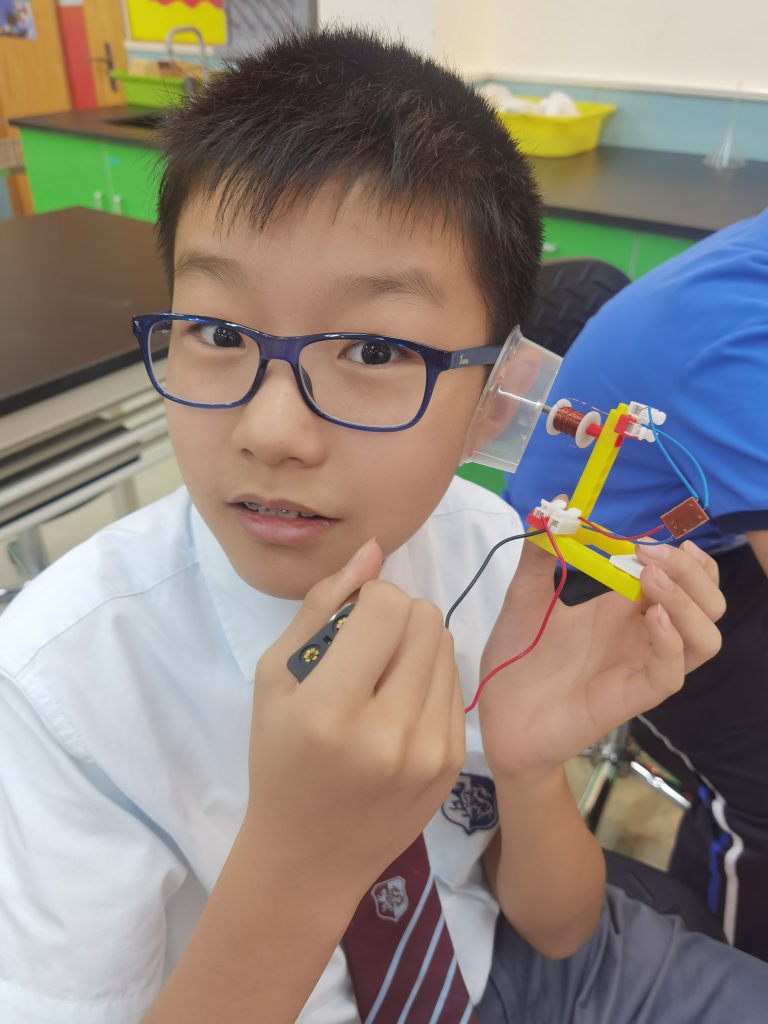
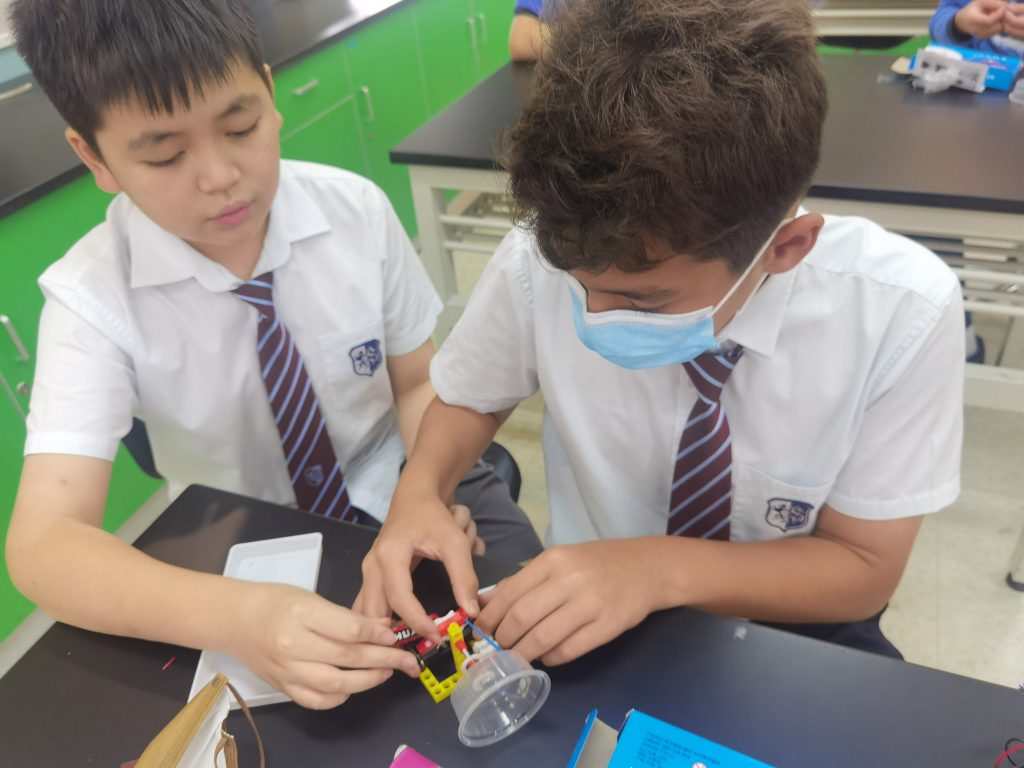
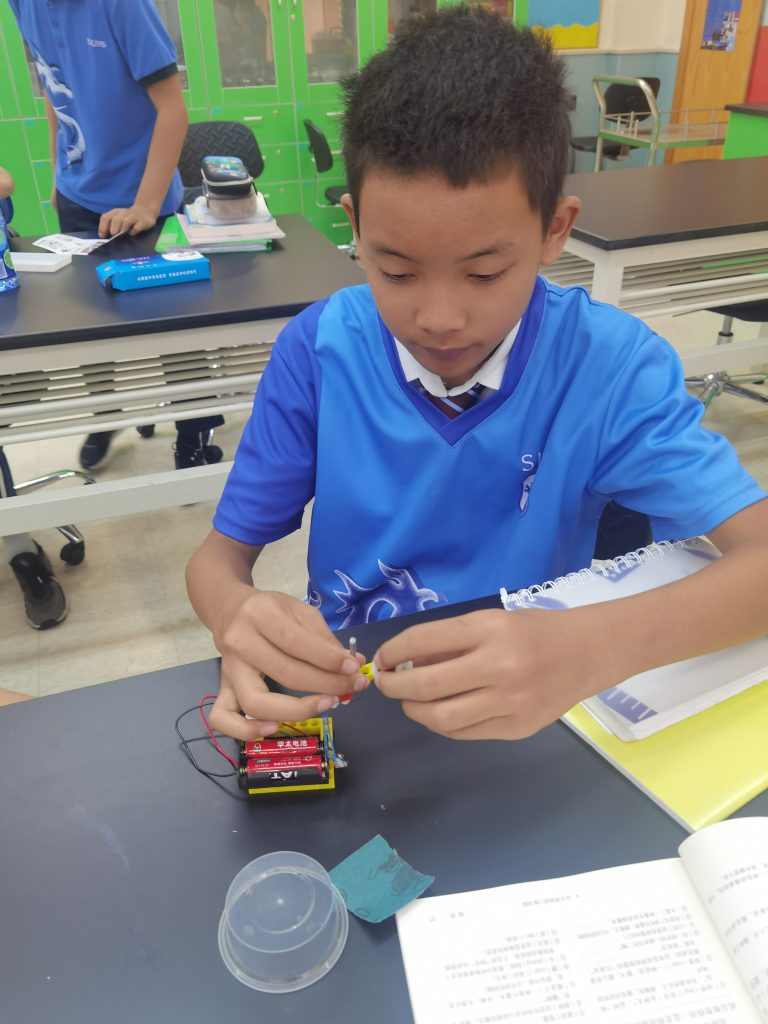
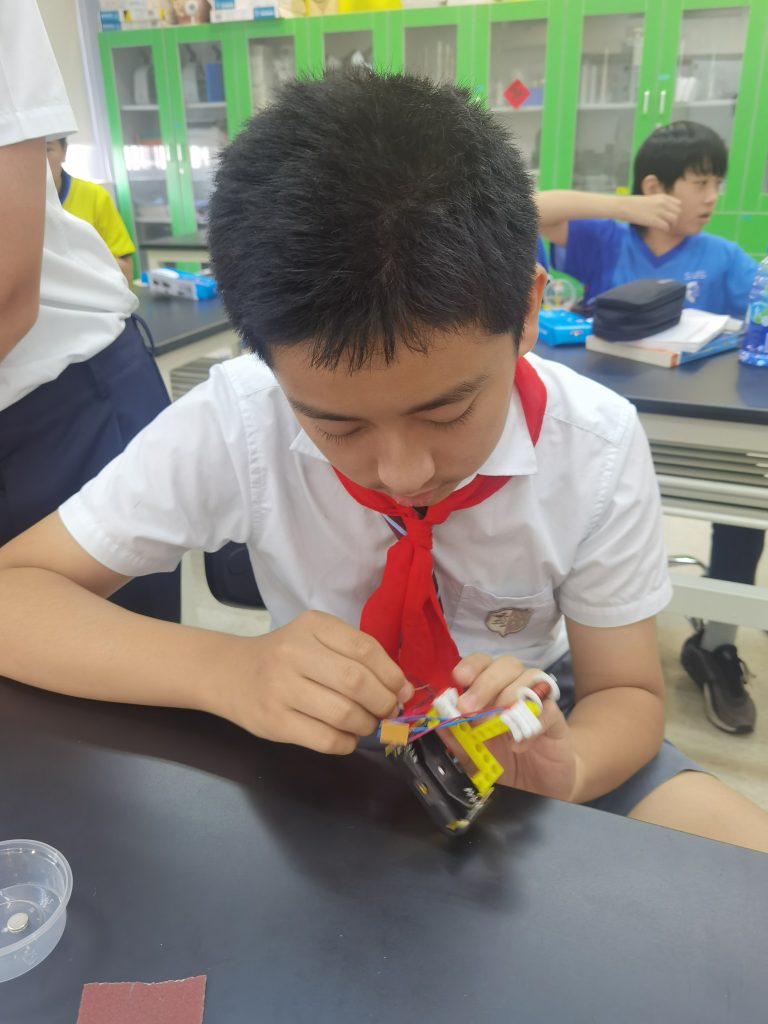
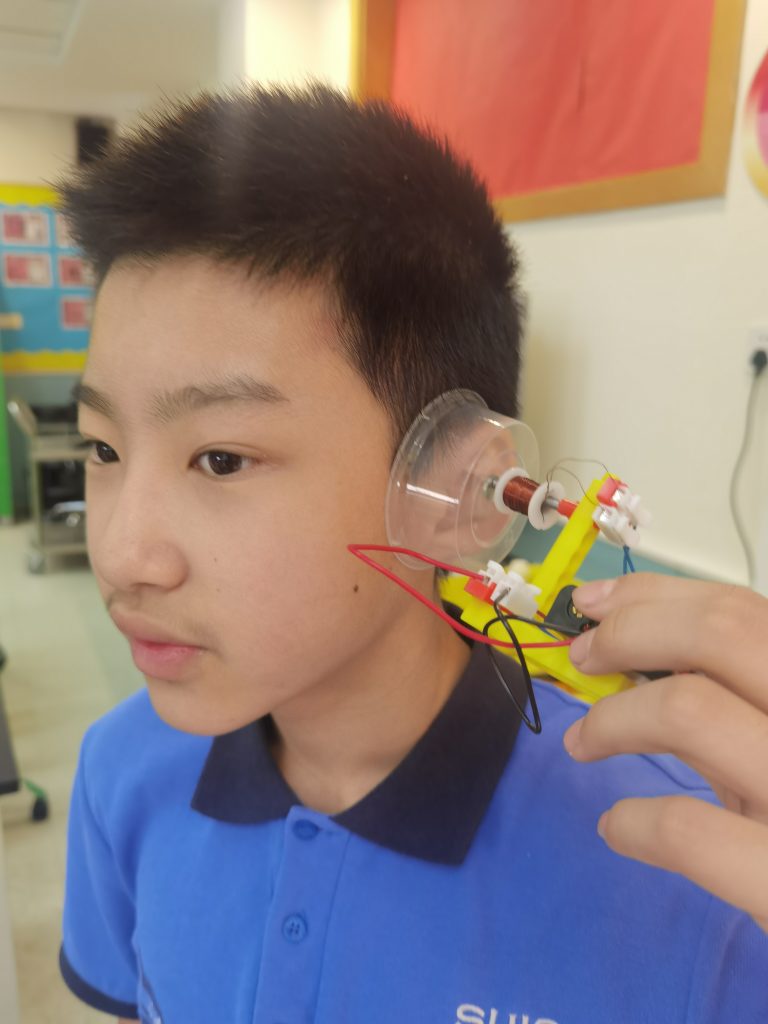
The next project was to make a wireless transmitter and receiver set that could be used to communicate in morse code. Currently, the students are preparing to tackle bigger projects by developing a few more practical skills. Last week, they practiced soldering as they will soon need to connect wiring and electrical components to printed circuit boards.
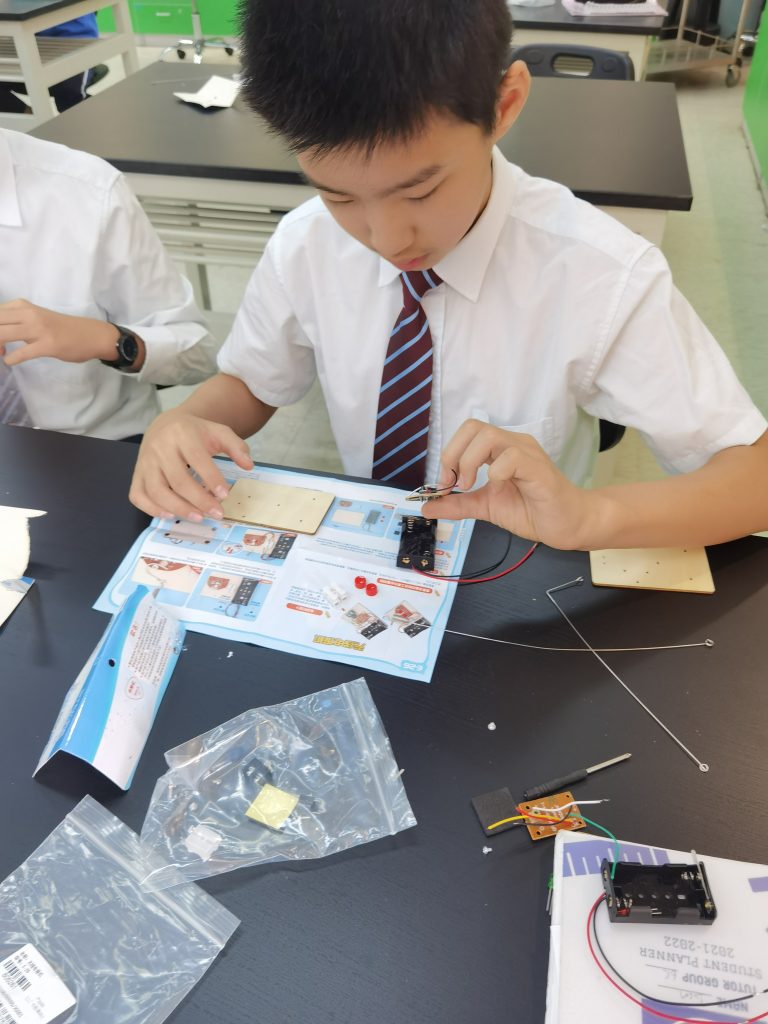
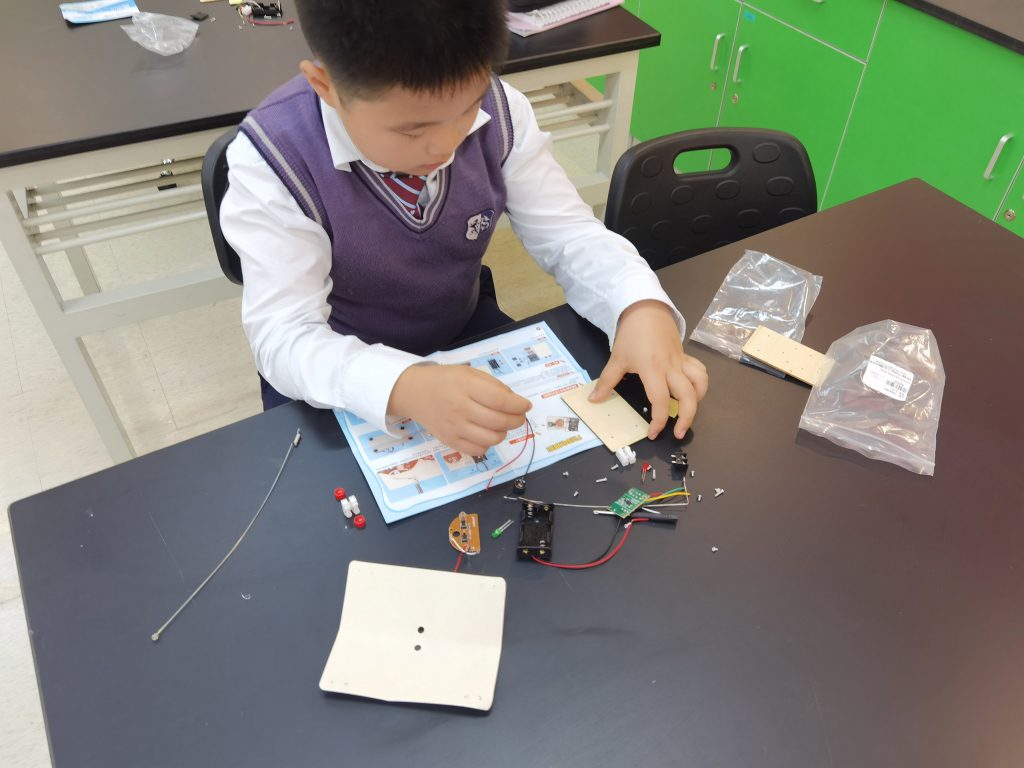
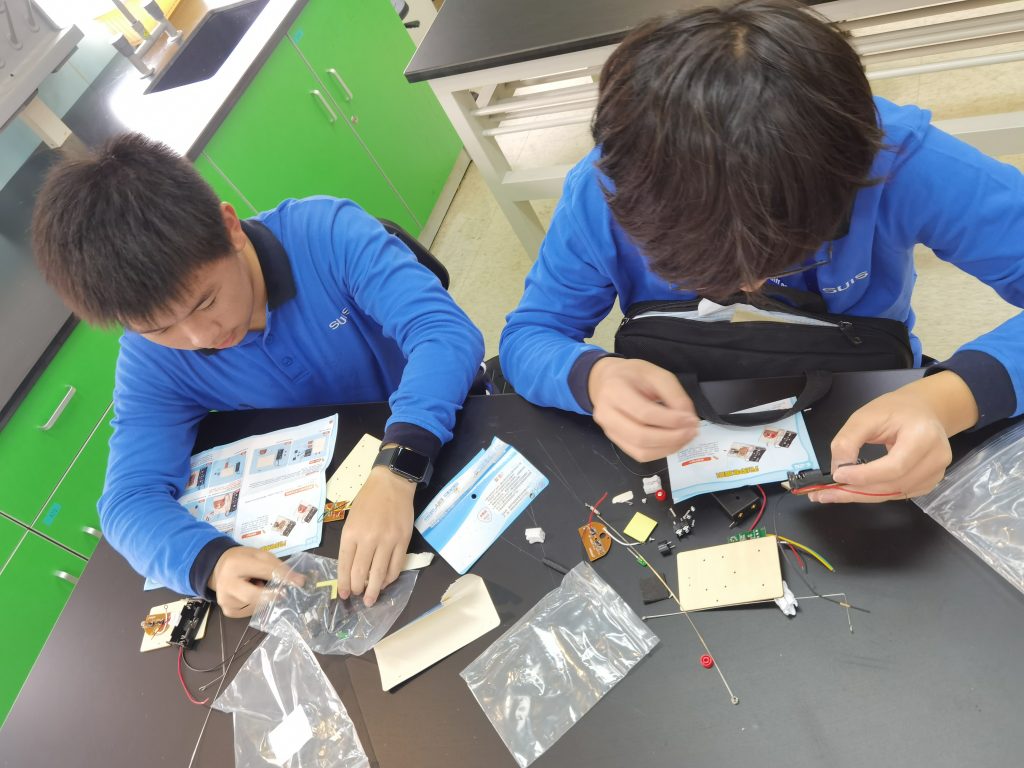
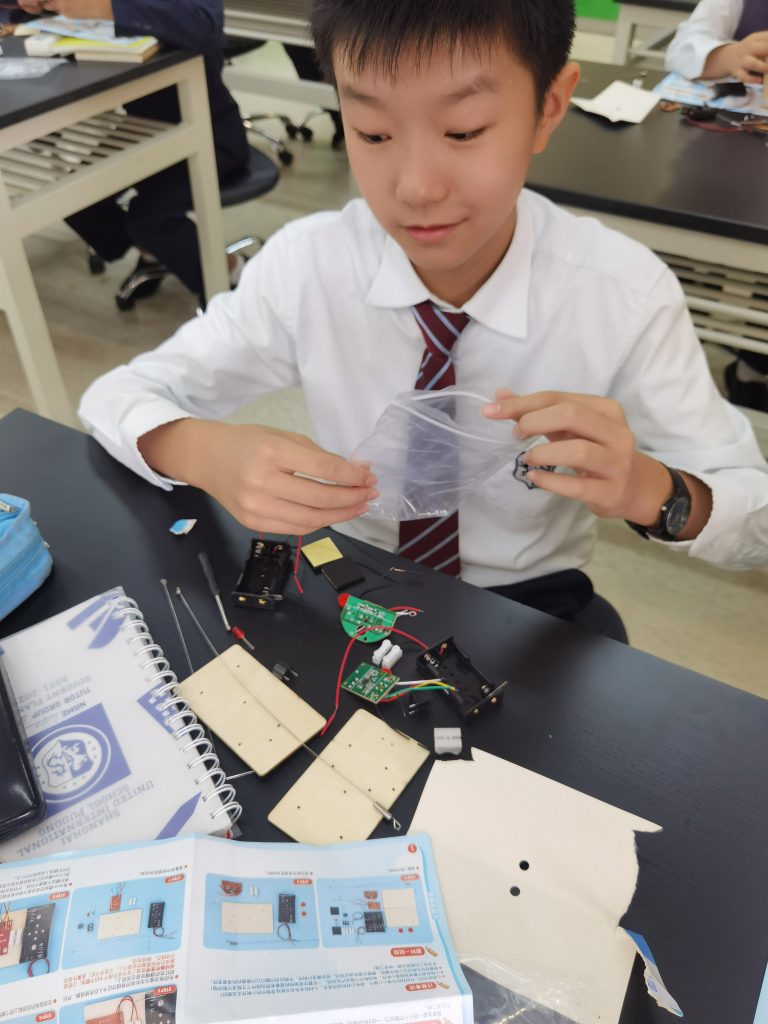

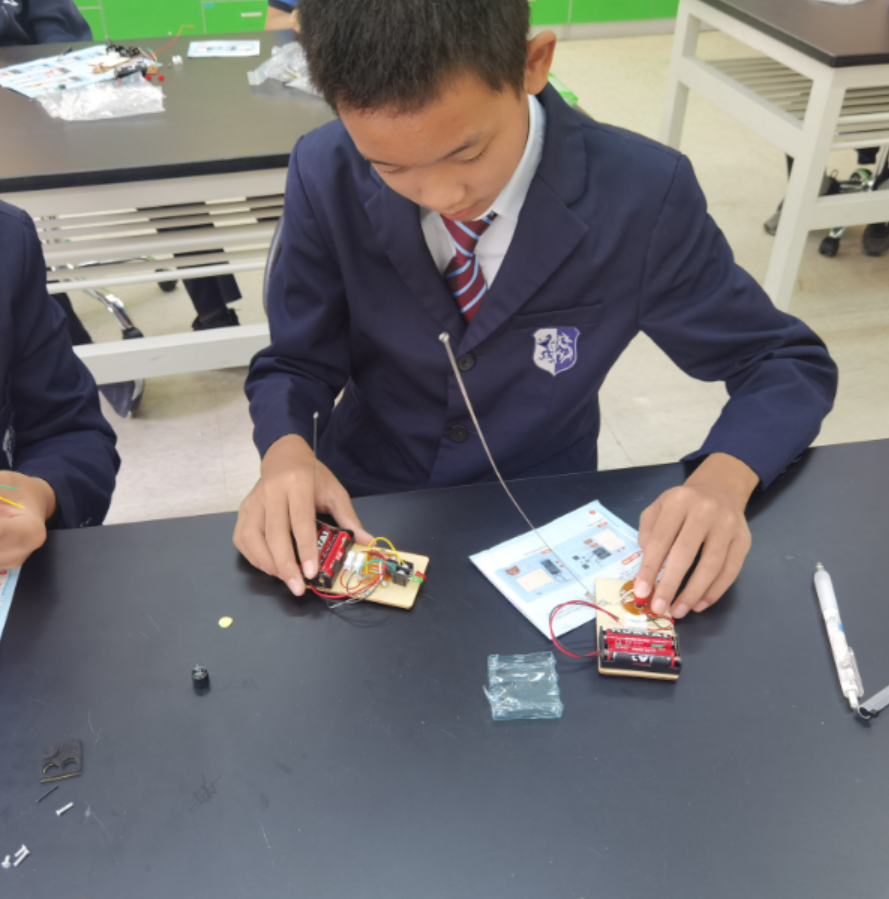
STEAM is an educational paradigm that aims to spark an interest and lifelong love of the arts and sciences in children from an early age. STEAM subjects are similar fields of study in that they all involve creative processes and employ a range of methods for inquiry and investigation. Teaching relevant in-demand skills that will prepare students to become innovators in an ever-evolving world is paramount, not only for the future of the students themselves but for the future of the country and world as a whole. We encourage all students to undertake such activities at home to improve their exposure to different aspects of learning outside the classroom.

